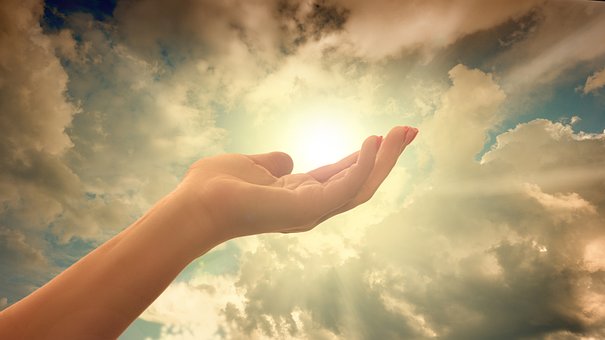There are novels that have the gift of opening inner worlds, satisfying the aesthetic desire of the reader, tracing rapid and delicate brushstrokes not only on the narrative canvas, but also in the soul of those who discover it page after page. This is the case with Being a wolf by the Swedish author Kerstin Ekman (Hyperborea). The title itself contains an extraordinary evocative power, able to attract the poor reader reeling in the bookstore, lost among the tragic Mussolini bricks of Scurati, the drunken banalities of the Strega prize or the itchy literary beginnings of Tina Cipollari … One of the reasons that usually they keep me away from non-antique or second-hand bookstores.
Being a wolf and the mind immediately goes to Luperciministers of Roman rituals who had one of his own in the Wolf symbolic animals. The she-wolf feeds the founder, the running ritual of the Lupercal festival takes place in the month of purifications and returns, February, the month that anticipates rebirth, the awakening of nature, the reactivation of war understood as renewal of the world (the spears of the Salii and their striking the earth like the ritual dance of Shiva the destroyer…).
The story begins at the beginning of a new year, a new cycle, when in the fir and birch forests of central Sweden he appears to our eponymous hero, Ulf, seventy-year-old gamekeeper, a wolf. That apparition, hidden even from his wife, changes his life. As in the course of the Lupercals a dog was sacrificed, ancestral memory of domestication, so Ulf with that vision of the wolf recovers his own wild nature, rediscovers the distancing of man from the laws of nature. In a world made of iridescent clouds, never equal to themselves, of fractals drawn in the ice, of light trapped in the luminous night of the north, it purifies its spirit together with the mistakes of a life, through the encounter with the wolf.
The novel is much more than this story of spiritual redemption through the original wild call. It is a constant reminder of all the relationships that make up our life: the father ei grandparents. In their value and in theirs you are wrong. The companion of a life, Inga, described with the intensity of a love of great tenderness and complicity, while retaining the couple their spaces, their silences, solid perhaps for this very reason. Despite her limited falls, still insignificant compared to the mutual gift of self, to her care. And then there is her, beyond the herd, the outside world, others, enemies and friends. And the rules of civilizationmade of rape of nature and woods, polished, purified by the encounter with the wolf.
There huntingthe care of the forest, are ritual actions, which the soul of Ulf renewed by the encounter with the Zampalunga, begins to distinguish from the feral taste of killing, even cowardly the prey, or from the lucrative deforestation, from the violence of fires, fir trees secular, sacred and solemn like ancient columns of the Magna Greciaused to make gray floors for an indifferent humanity.
There’s more. Ekman’s novel, despite some superfluous – but mimetic – yielding to the banality of everyday life, is a literary work that asserts itself in its harmony, precision of gaze, and healthy, balanced brevity. It is a journey through the three dimensions of man, to quote the almost unknown work of an Italian moralist of the early 1700s, The man in the house of the reformed Franciscan Giulio Francesco Conti. Man in his individual spirituality, man in relation to his family, family, home, country, laws, and man seen from the outside, judged, opposed, loved, ignored by the rest of the world . And I think it is no coincidence that I came across these two books at the same time, which are 300 years apart, and tell of a similar humanity lost if it fails to recover its ancestral spiritual dimension.
I end with a personal testimony. I too met a wolf a few years ago, on a foggy night on a hill in Lucania. I was carrying bees around the ruined castle of Uggiano – a landscape worthy of gloomy Scotland. His yellow eyes stared at me for a few moments at a distance of a few tens of meters. He smelled fear, but a fear other than mere fear. The fear of encountering an ancient, solemn, primordial nature: the deinòs of the ancient Greeks. Something wonderful and terrible at the same time. There was only mine and his breath on that barren clearing, surrounded by cistus in bloom, by rugs and by oaks. And the bees, another extraordinary symbolic animal, with their buzz, tired and nervous from the umpteenth transfer to a new flowering, while from the still closed hives emanated that characteristic smell of croissant known only to beekeepers.
I don’t know if that meeting changed my life, like the protagonist of Being a wolf. Of course, each of us should come across that for once wild lookto understand their own essenceask oneself about one’s place in the world and begin to change perspective.
“He was imposing, tall, strong, with a straight forehead and a muzzle – yes he was noble. Do you understand what I mean?”.

